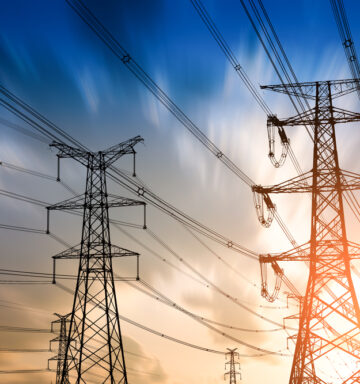
Transportation Fuels
Natural Gas is a great alternative to diesel fuel and motor gasoline as transportation fuel. Most commonly natural gas is used in organizations that have a fleet of vehicles.
There are numerous government incentives to convert a fleet, but even without government incentives it is still a lower cost alternative to gasoline or diesel. Natural Gas for vehicles can use either be stored as compressed natural gas (CNG) or liquid natural gas(LNG). Pioneer LNG can serve all your CNG or LNG needs.
Case Studies
In a tight margin business of freight hauling, these savings can truly be a game changer for regional carriers. Read more
LNG/CNG vs Diesel
Right fit for your Fleet, CNG or LNG?
There is an ongoing debate among fleet owners of CNG vs LNG. There is no right or wrong answer, its depends on each individual fleet and their own needs. One thing to remember is that the engine is burning the same exact fuel, natural gas. The difference between CNG & LNG is how the fuel is stored and the BTU content of the fuel it itself. There are 10 times more BTU in a gallon of LNG than CNG.
CNG is natural gas that is compressed and stored at 4,500 PSI and dispensed to vehicle at 3,600 PSI. It is stored under pressure while stored on the vehicle and at the fueling depot. CNG is a safe fuel that has a very fine flammability range. CNG is lighter than air and disperses rapidly in event of a spill.
Environmentally there is no pollution risks with CNG. In a CNG vehicle the fuel is stored in high pressure cylinders. Because there is less BTU’s in CNG, the fuel storage tanks are larger and occupy more space than an LNG application. An early knock against CNG was that is took hours to fill vehicles. With modern advances CNG can now be dispensed as fast as any diesel or gasoline vehicle.
Best Applications:
CNG is best for fleets that cover less than 250 miles per day. A perfect match for CNG has been waste haulers. Americas largest waste haulers are the biggest users of CNG. School buses and local delivery fleets all the way to regular passenger vehicles as well are fit as well.
LNG is liquid natural gas. It is stored and delivered in cryogenic tank via truck and stored in a cryogenic tank on location of fleet. LNG is stored at -260F. Because it stored and transported as a liquid the fueling and refueling of a fleet would be set up similar to a diesel fuel fleet. The fuel itself can be dispensed at 15+ DGE per minute.
Best Applications
The best application for LNG is Heavy duty vehicles. Regional Trucking that travel more than 250 miles per day and return to base or over the road trucking fleets as well.
Most CNG applications are set up by compressing natural gas is delivered via pipeline to end user from the LDC (Local Distribution Company). It is cheaper to compress natural gas than to liquify it. So, it is generally believed that CNG is a cheaper option than LNG. While this may have been the case in the past it might be true in all applications. The infrastructure need to compress pipeline natural gas can be very expensive.
Pioneer LNG works with an upstream LNG producer that has the ability to liquify natural gas at the most cost effective prices. In addition, we work with state of the art cryogenic storage and distribution systems. Therefore, in many cases Pioneer LNG can deliver LNG and compress it on site cheaper than compressing pipeline natural gas from a LDC.
